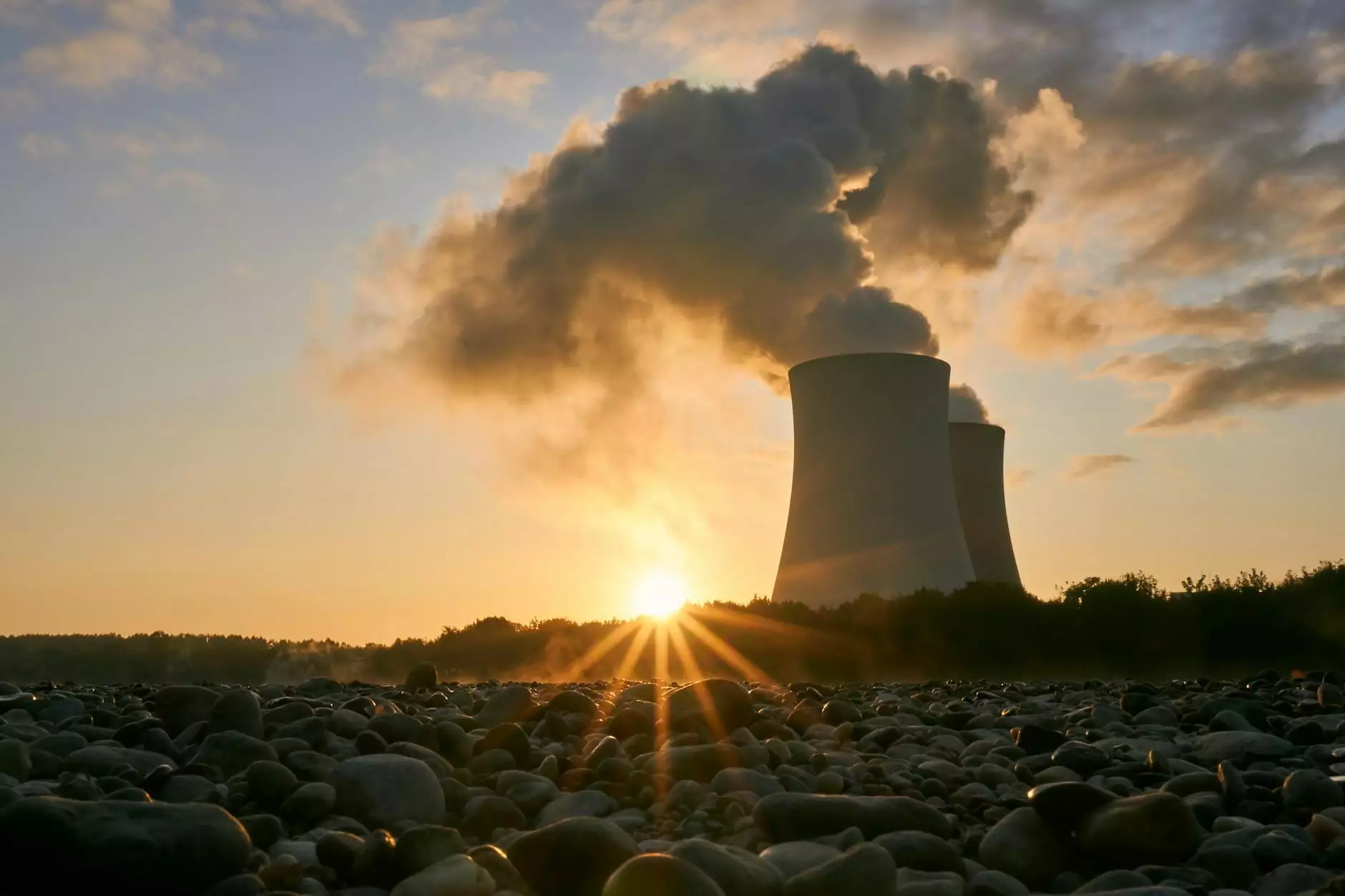The Benefits and Drawbacks of Nuclear Power Energy in Business

Nuclear power energy has been a topic of debate and discussion for decades. In the business world, the use of nuclear power can have both positive and negative impacts. Let's delve into the various pros and cons of utilizing nuclear power energy.
Pros of Nuclear Power Energy
1. Low Greenhouse Gas Emissions
One of the primary advantages of nuclear power energy is its low greenhouse gas emissions. Unlike traditional fossil fuels, such as coal and natural gas, nuclear power plants do not produce large amounts of carbon dioxide and other harmful gases that contribute to climate change.
2. Reliability and Consistency
Nuclear power plants provide a reliable and consistent source of energy. They can operate continuously for long periods, ensuring a stable supply of electricity to businesses without being affected by external factors like weather conditions.
3. Cost-Effective in the Long Run
While the initial construction costs of nuclear power plants are high, the operational costs are relatively low. Over time, nuclear power energy can be cost-effective, especially when compared to the volatile prices of fossil fuels.
4. High Energy Output
Nuclear power plants have the ability to generate a significant amount of energy from a small amount of fuel. This high energy output makes nuclear power energy efficient and suitable for meeting the growing energy demands of businesses.
Cons of Nuclear Power Energy
1. Environmental Concerns
One of the main drawbacks of nuclear power energy is the environmental concerns surrounding radioactive waste disposal. Proper management of nuclear waste is crucial to prevent environmental contamination and health risks.
2. Safety Risks
Nuclear power plants pose certain safety risks, including the potential for accidents or meltdowns that can have devastating consequences. Strict safety protocols and regulations are necessary to mitigate these risks and ensure the protection of both workers and the public.
3. Finite Resource Supply
Uranium, the primary fuel used in nuclear power plants, is a finite resource. While there are reserves of uranium worldwide, the limited supply raises concerns about the long-term sustainability of nuclear power energy as a primary energy source for businesses.
4. Public Perception
Public perception of nuclear power energy remains mixed due to historical incidents such as Chernobyl and Fukushima. Building public trust and acceptance of nuclear power as a safe and viable energy source for businesses is a significant challenge.
Conclusion
In conclusion, nuclear power energy offers a range of benefits and drawbacks for businesses to consider. While it provides a low-carbon source of energy with high output potential, environmental and safety concerns remain significant challenges. Businesses seeking to adopt nuclear power energy must carefully evaluate the pros and cons to make informed decisions that align with their sustainability goals and risk management strategies.
Discover more about the opportunities and challenges of nuclear power energy in the business world at Our Power.
nuclear power energy pros and cons


